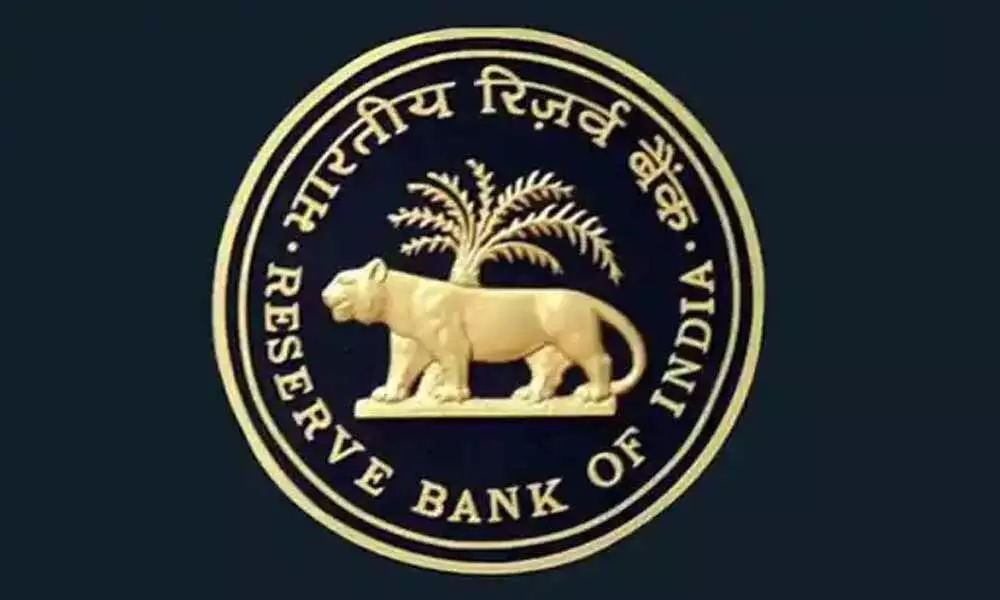Will status quo in key rates help economy?
In its last monetary policy review of 2020 announced on Friday, the Monetary Policy Committee (MPC) of the Reserve Bank of India (RBI) treaded a widely expected path.
image for illustrative purpose

In its last monetary policy review of 2020 announced on Friday, the Monetary Policy Committee (MPC) of the Reserve Bank of India (RBI) treaded a widely expected path. The six-member MPC, after three days of deliberations, unanimously decided to keep key interest rates unchanged. The result. While RBI's repo rate remains static at 4 per cent, the reverse repo is at 3.35 per cent. The apex bank cited aspiralling inflation for its decision to maintain the status quo. Retail inflation, calculated basing on consumer price index (CPI), climbed sharply in September to 7.3 per cent and further to 7.6 per cent in October. That is a much higher reading when compared with the RBI's objective of keeping retail inflation at 4 per cent with a tolerance limit of 2 percentage points on either side.
The apex bank sees inflation at an elevated level of 6.8 per cent during the third quarter that would end this month and 5.8 per cent in the fourth quarter that spans from January to March next year, before softening to 5.2-4.6 per cent in the second half of next financial year. It is very unlikely that RBI will go for rate cut to boost growth unless the inflationary pressures slip into the tolerant zone. However, RBI maintained accommodative stance. That's a clear indication that it will alter the status quo and tweak with the key policy rates if things change for better on the inflation front.
However, the positive takeaway from the RBI's latest policy review is that the apex bank has projected lower GDP contraction than its earlier forecast. RBI has now estimated that the country's economy would contract by 7.5 per cent in this financial year. That is a marked improvement from its earlier forecast of -9.5 per cent. RBI made the upward revision as it felt that economy had been recovering fast. According to it, GDP growth will turn into positive territory in the second half of this financial year.
Apart from keeping key rates unchanged, RBI also initiated several other steps to put the economy on a faster recovery. But the moot question is whether maintaining the status quo will boost the economy. It's not easy to reduce interests rates when inflationary pressures are running high. RBI has to go for an interest rate hike to rein in inflation. In that context, keeping interest rates unchanged is a positive step for the ailing economy.

